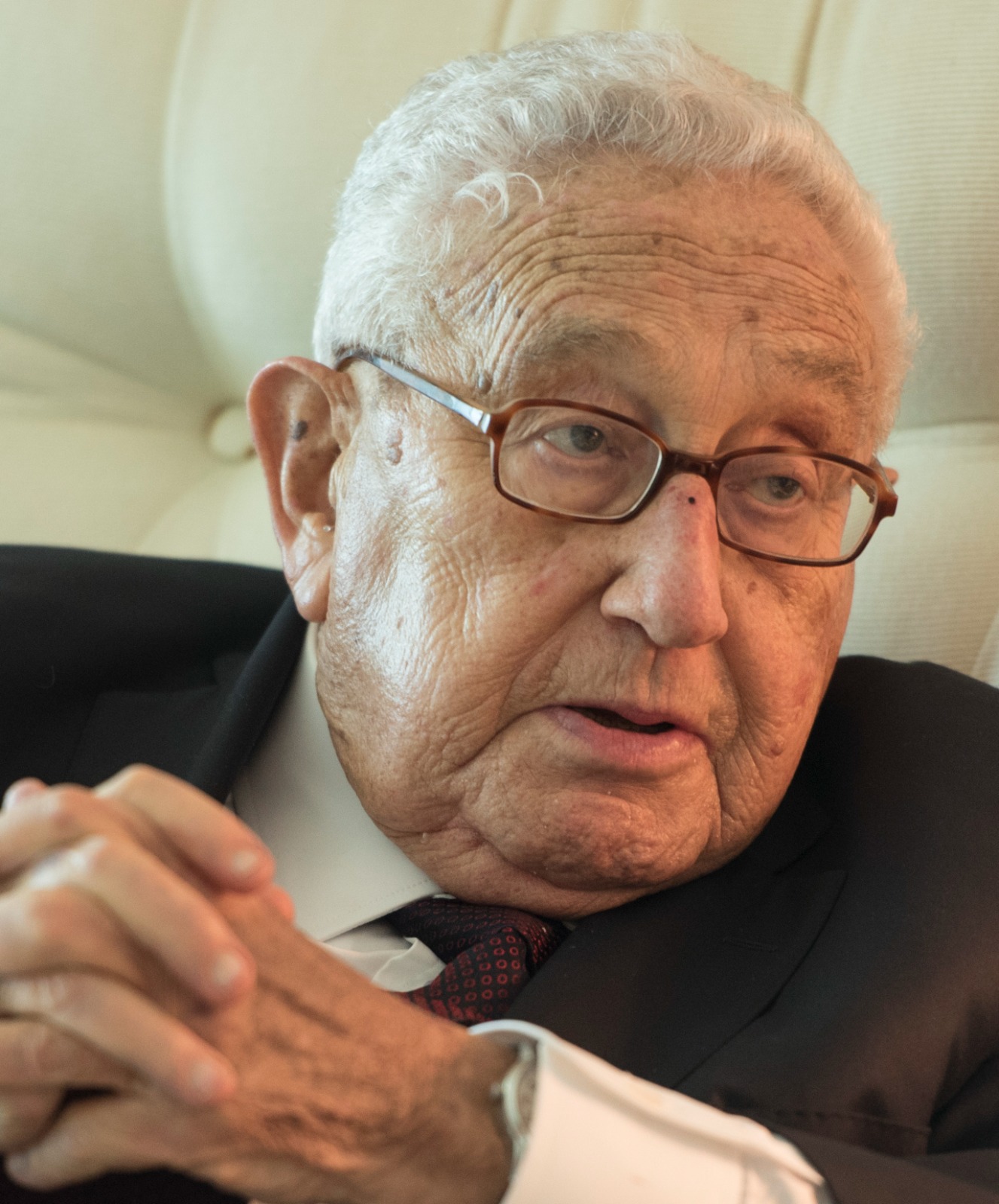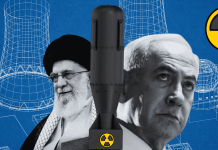The passing of leading diplomat and former US Secretary of State Henry Kissinger has evoked a lack of regret and continued condemnation of his policies and actions from Russian, Chinese-friendly commentators.
But ironically, he still draws admiration and respect from Moscow’s and Beijing’s leadership. This contradiction bears the nuanced and non-linear nature of global politics, where ideological divergence does not necessarily guide the strength of relations.
Technically, Kissinger represents a political philosophy directly contrary to Chinese and Russian ideological beliefs, mainly on the Left of the political spectrum. His policies during the Cold War were ideologically opposed and in direct collision with Chinese-Russian interests in South America, South Asia, and South-East Asia.
They caused severe destabilization and mass civilian deaths in Chile, Bangladesh, Laos, and Vietnam. This should technically be expected to foster a long-running culture of hostility and sharp dislike towards the deceased diplomat in Russia and China.
From American Exceptionalism To Pragmaticism On Russia, China
On the contrary, generations of Chinese and Russian diplomats and leaders revere him for what they repeatedly describe as a “pragmatic” statesman. His foreign policy prioritized America and its interests.
Kissinger was driven by the realization that war and permanent strategic hostility would harm even Washington and fostered American rapprochement between China and Russia – albeit under the broad rubric of protecting American interests. It does not automatically mean the two countries condoned his controversial military interventions and policies.

Overthrowing Chile’s government and installing the Pinochet dictatorship; backing Pakistan during its murderous genocide of Bangladeshis in 1971 by sending the USS Enterprise aircraft carrier battle group to intimidate India during President Richard Nixon’s regime; or ordering the bombing of Laos and Vietnam during the Vietnam war that killed roughly 5 million people.
Declassified transcripts of conversations between Nixon and Kissinger revealed them calling Indians “cowards” for intervening in the then East Pakistan’s Bangladesh Liberation Movement. The war is celebrated as the most pivotal moment in India’s history. During the Vietnam War, Kissinger ordered to bomb “everything that moves and anything that flies in Cambodia.”
Buried Hatchet With China In 1972, Opposed NATO Expansion In 2014
But he also advocated less adversarial relations with the PRC when the two ideological brethren had a falling out more bitterly during the Sino-Soviet Split than a Marxist state would have with Capitalism. After the 1971 Indo-Pak war, Kissinger and Chinese Premier Zhou Enlai coordinated to effect the historic rapprochement between the US and China.
President Richard Nixon met Chairman Mao Zedong on February 21, 1972, in what is hailed in Beijing as a milestone moment in US-China relations. Kissinger advocated putting practical compromise and adjustment ahead of ideological divergence. This was similar to the “multipolarity vs. unipolarity” and the “democracy versus autocracy” ideological differences in today’s geopolitics.
In the present decade before his death, Kissinger warned against North Atlantic Treaty Organization (NATO) expansion and considered Russia’s concerns as far back as 2014; he advocated harmonious US-China relations for addressing crucial global issues, being hosted by Chinese President Xi Jinping on July 20 where the latter repeated the “win-win cooperation” mantra and displayed Beijing’s low view of current US diplomacy; and called for a “restoration” of US-China ties.
Expert Speak
Moscow-based foreign affairs analyst Andrew Korybko and China’s People’s Armed Police (PAP) Propaganda Bureau member Zhao DaShuai said it was the practicality in Kissinger’s diplomacy that they respect and desire in the present American leadership. But this does not imply overlooking his other antecedents.
“China’s respect for Kissinger stems more from his ‘realpolitik’ by keeping aside ideological differences and working on aligning interests. It does not mean that it condones his other policies. Chinese leaders tend to respect elder statesmen, especially those who have contributed to building relationships with China,” Zhao said, speaking to the EurAsian Times. “He was more useful than the breadsticks in charge of US foreign policy today,” Zhao said in a separate thread on X.
Korybko said both countries “appreciate” Kissinger’s “pragmatism towards bilateral relations,” which “doesn’t equate to condoning the other aspects of his legacy outside that ambit.” “Putin met with Kissinger on multiple occasions and always praised him,” Korybko pointed out.
Korybko also drew attention to the reaction of the former Russian president and deputy chairperson of its Security Council, Dmitry Medvedev, to Kissinger’s demise. Medvedev hailed the late diplomat and bore a view similar to what Zhao suggests Beijing has of the US’s prevalent foreign policymakers.
“Henry Kissinger…was a pragmatist who considered realities, not just followed the US foreign policy canons. There aren’t even traces of people like him in the US Administration and the Western world,” Medvedev posted on X.
- The author can be reached at satamp@gmail.com
- Follow EurAsian Times on Google News




